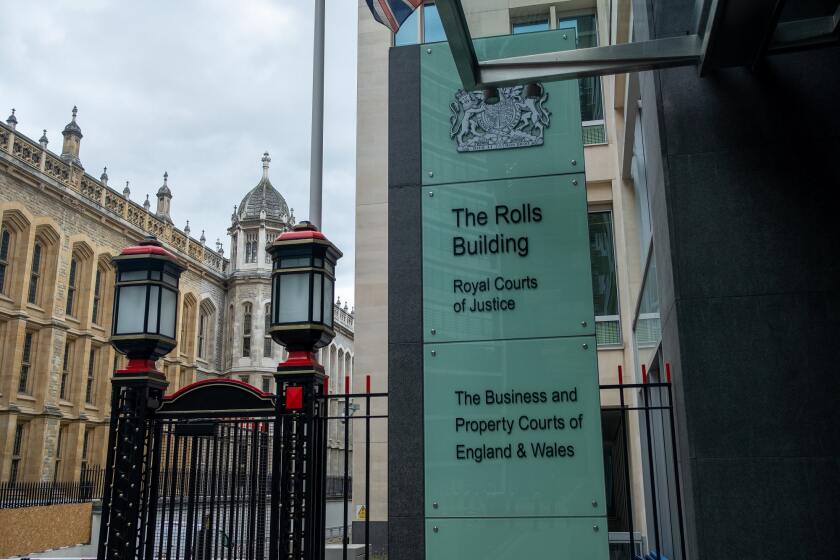The England and Wales High Court ruled today, March 16, that Lenovo must pay InterDigital $138.7 million for a global licence to its 3G, 4G and 5G standard-essential patents.
The ruling, by Mr James Mellor, was the most hotly anticipated fair, reasonable and non-discriminatory (FRAND) judgment in the UK since the Supreme Court’s decision in Huawei v Unwired Planet in 2020.
Today’s ruling confirms the Supreme Court’s approach in that case, in which it said courts in England and Wales are able to set a global FRAND rate when the licensor and licensee cannot agree on terms.
In today’s judgment, Mellor found that neither InterDigital's 5G extended offer nor Lenovo's lump sum offer were FRAND or within the acceptable range.
The final amount of $138.7 million is around 40% lower than what InterDigital had originally sought. Lenovo made a pre-trial offer of around $80 million but InterDigital’s proposal amounted to more than $337 million.
Mark Marfé, partner at Pinsent Masons in London, said it was predictable that neither offer was FRAND as both were so far apart.
“These cases are very time-consuming and expensive, and it is likely the parties would have sought to agree a rate among themselves to avoid the need for litigation if their offers had not been so far apart,” he said.
Josh Schmidt, chief legal officer at InterDigital, said: “We welcome the court’s decision as the first major SEP FRAND judgment that recognises that a licensee should pay in full for the past infringement of SEPs, and we agree with the court that this could be a powerful way of guarding against patent holdout in the future.”
He added that InterDigital plans to appeal against the decision, as certain aspects of it did not accurately reflect the company's licensing programme.
John Mulgrew, Lenovo’s vice president, deputy general counsel and chief IP officer, said the company saw the ruling as a “major win for the technology industry and the customers we serve”.
“It underscores both the importance of FRAND terms for patent licensing and the requirement of transparency by patent holders engaged in licensing practices.
“The court has confirmed that Lenovo is, and always has been, a willing licensee – even in the face of InterDigital’s supra-FRAND offers and behaviour as an unwilling licensor,” he added.
InterDigital had previously secured a series of wins in technical trials, but the FRAND case was heard separately.











